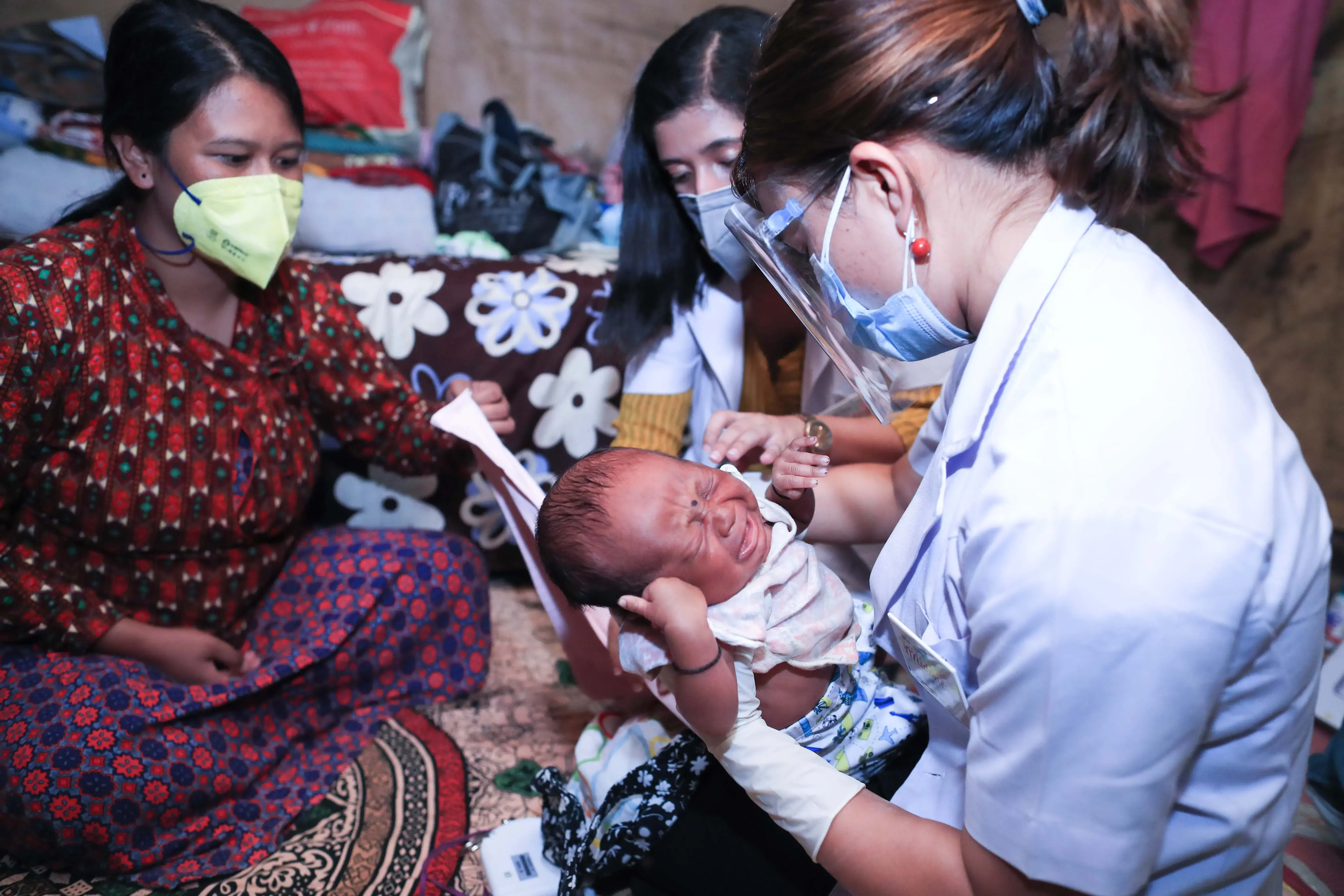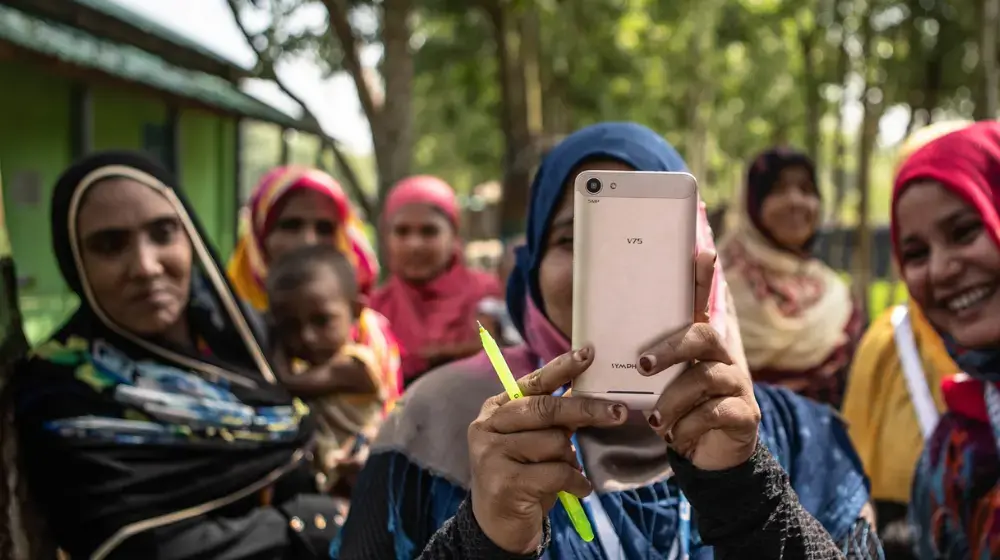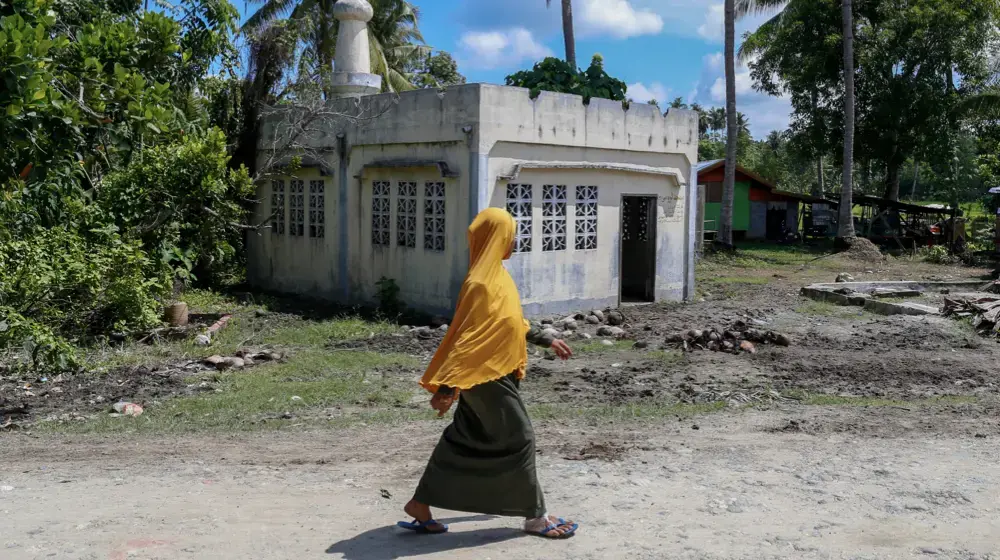The trajectory of the COVID-19 pandemic took an acute turn in late March 2021 with a dramatic spike in case numbers and
deaths across the Asia-Pacific region. Several countries are reporting the highest number of cases since the beginning
of the pandemic including India, Iran, Bangladesh, Nepal, Thailand, the Philippines and Fiji. The increase in the number
of infections has taken less time compared to the previous waves, and the evidence of extensive transmission of the
different variants of concern (VOCs) in multiple countries across the region are also worrisome. Some variants
appear to be more aggressive and more transmissible,
While UNFPA has responded to pregnant women’s reduced access to health facilities and skilled midwives, it is
anticipated that the current spike in COVID-19 cases will further overstrain health care systems, impacting on their
access to health facilities and UNFPA’s ability to deliver against its goals, including ending preventable maternal deaths.
It is certain that the ongoing spread will further disrupt the provision of public health care services, lead to a continued
deterioration of the economic situation, further impact on supply chains, and consequently reduce access, availability
and utilisation of family planning. This in turn will inevitably lead to more unintended pregnancies and affect UNFPA’s
ability to achieve zero unmet need for family planning.
The COVID-19 pandemic is exacerbating pre-existing Gender-based Violence (GBV) and harmful practices and is likely
to deepen gender inequalities. In spite of the investments by UNFPA and partners to mitigate, prevent and respond to
GBV, given the recent surge of cases, it is expected that the access to services will be further compromised.
The current situation creates a real threat to the generation of high quality population statistics, in contexts where there
is no credible alternative to the census and despite the critical need for such statistical information. The recent surge in
COVID-19 cases also disrupts the design and implementation of population ageing programmes as capacity and focus is
diverted and critical activities are postponed.





